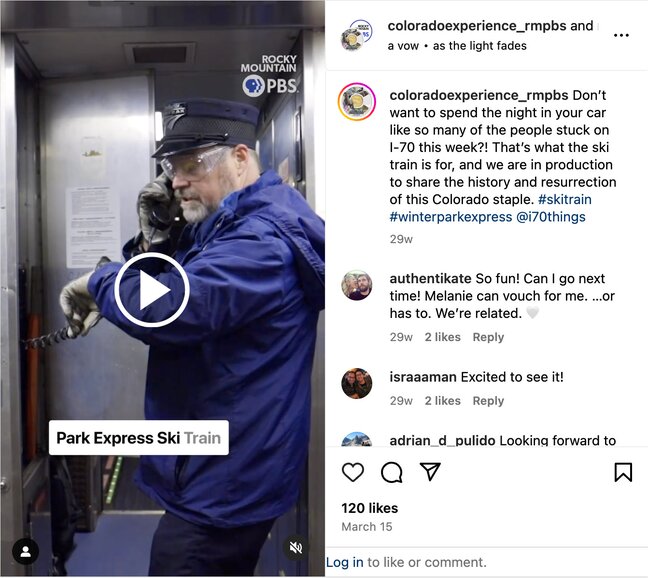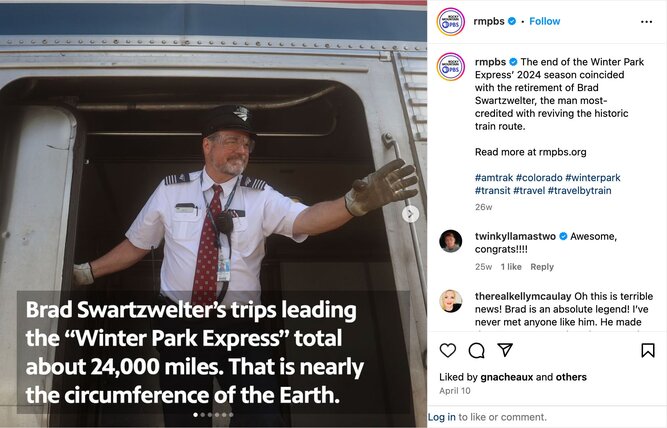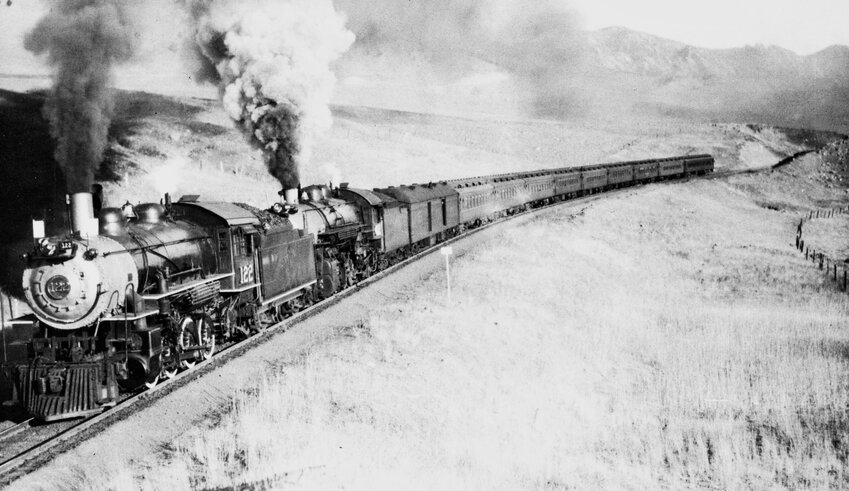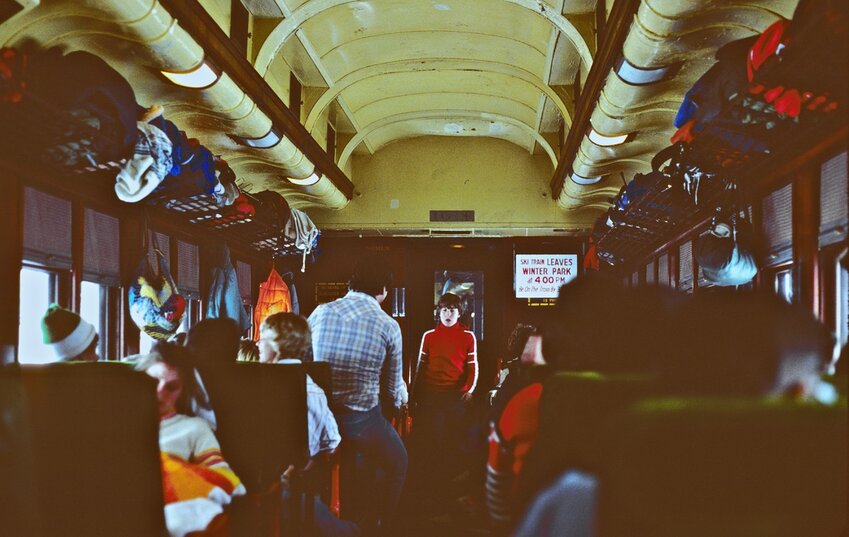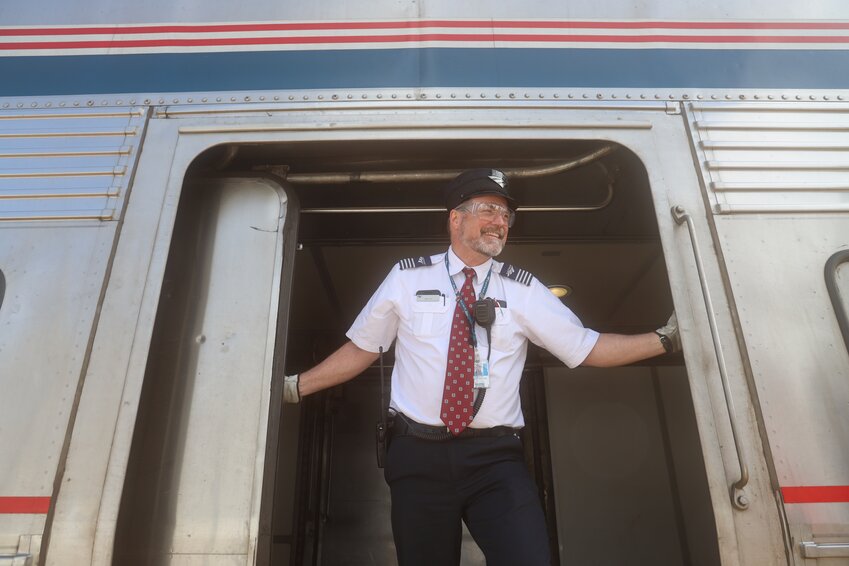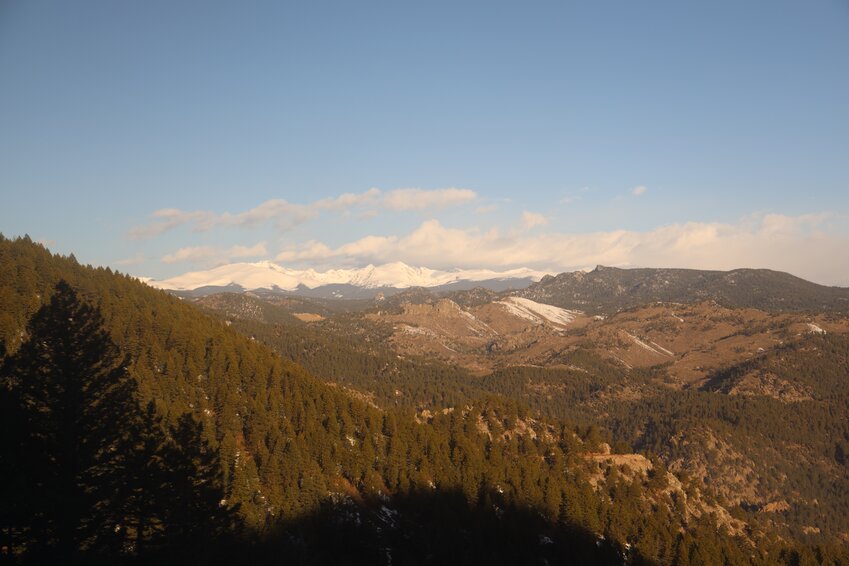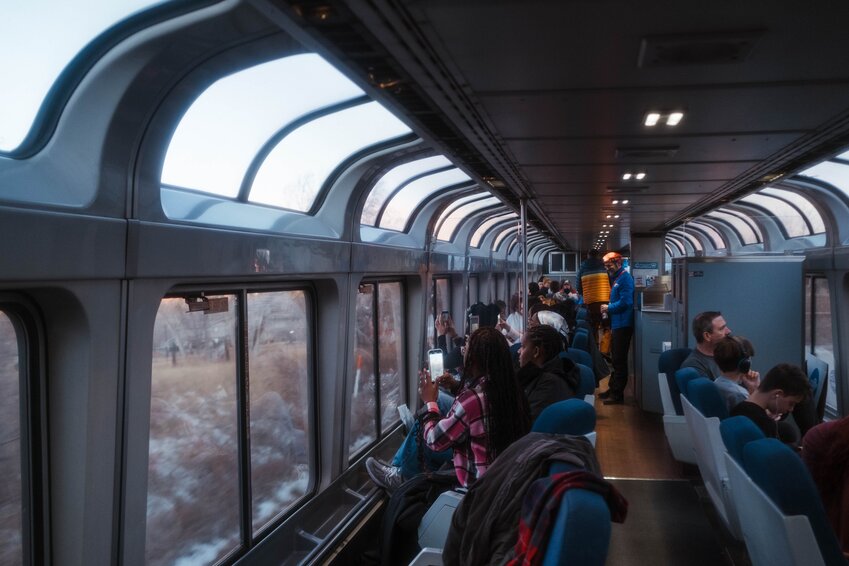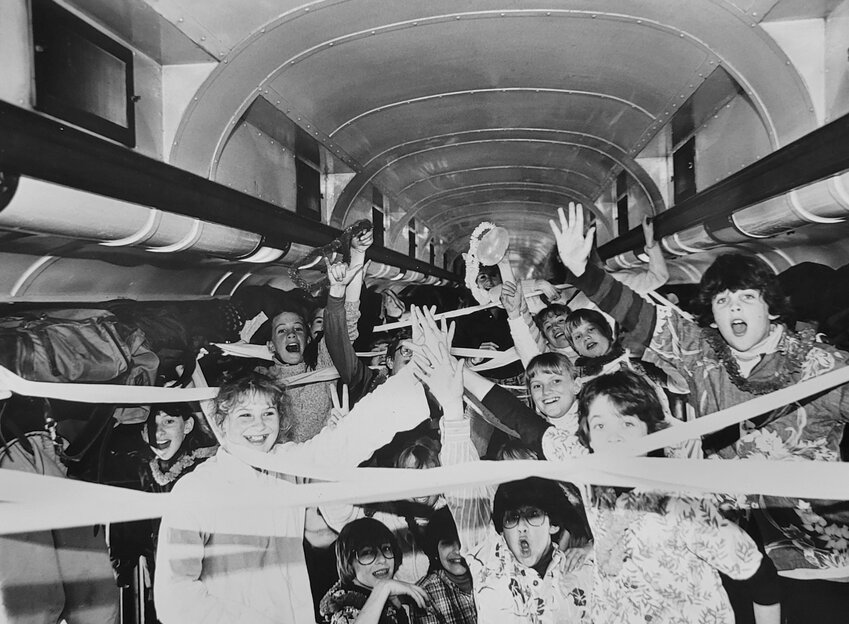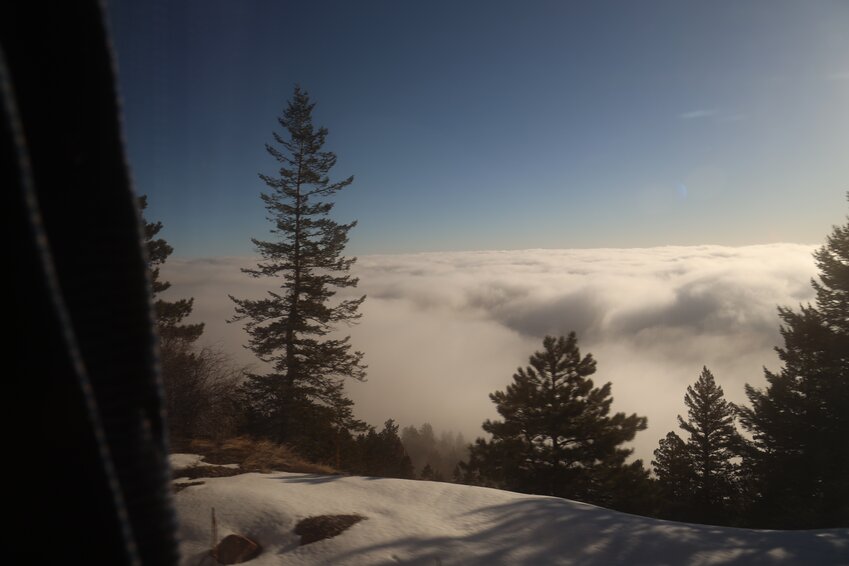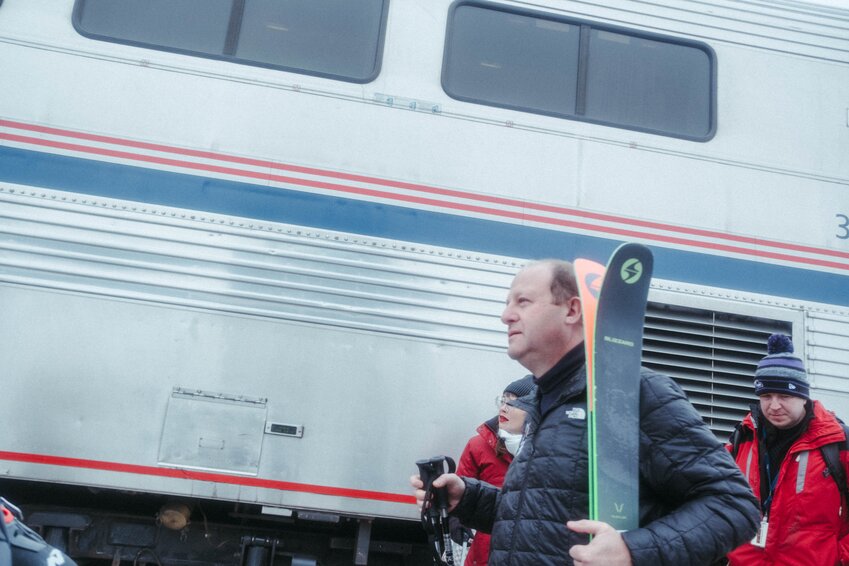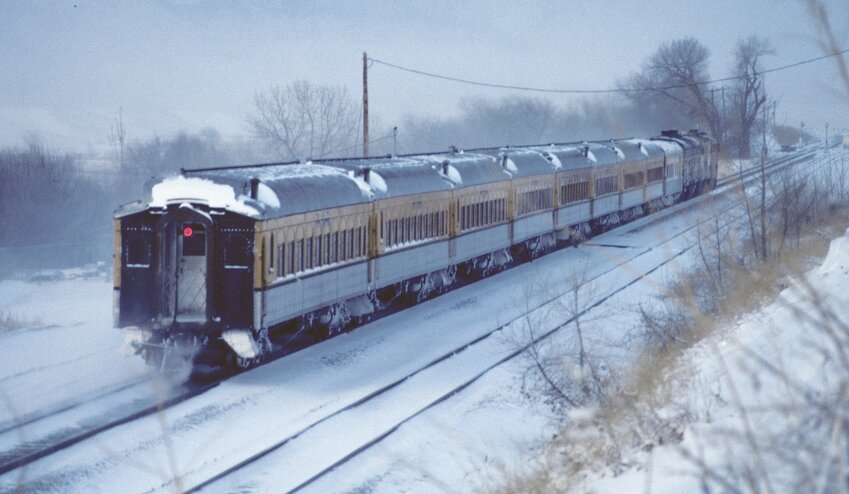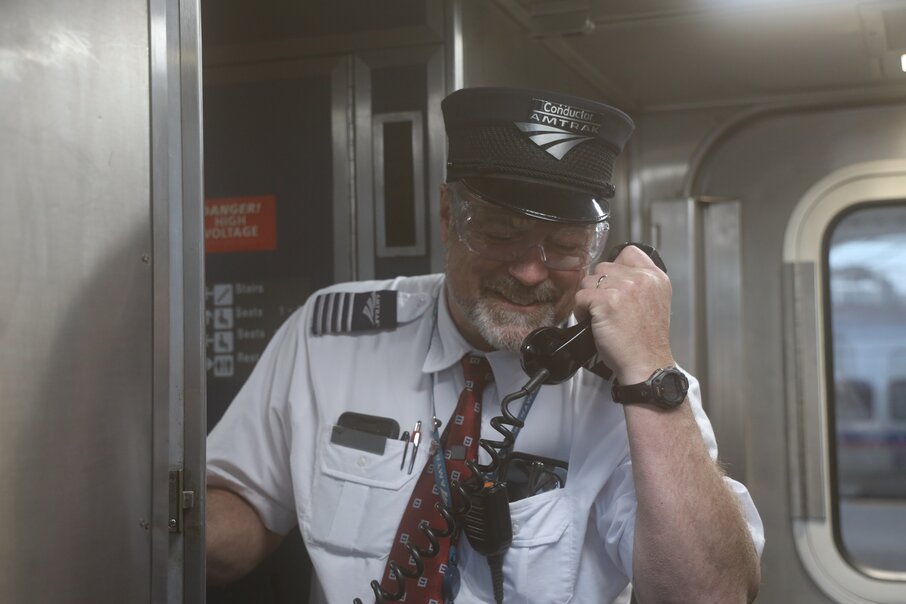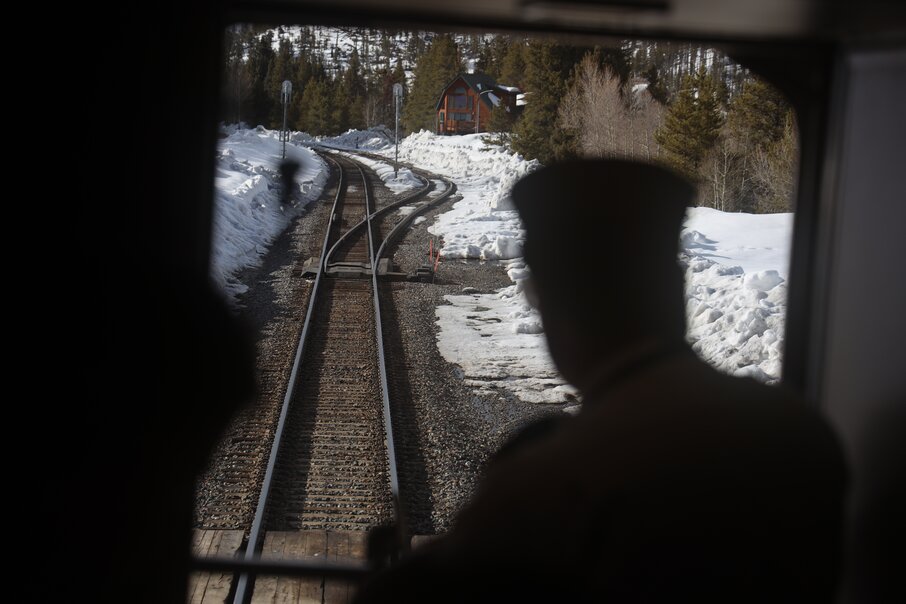The Ski Train

“At the very beginning there were simply excursions,” said Brad Swartzwelter, the former conductor and train enthusiast.
Prompted by winter carnivals in the growing mountain communities, Denverites have long needed an easy way to get from the city to their favorite ski town.
“Starting in 1940… the Rio Grande started calling the train the Rio Grande Ski Train. And it was an absolute success advertised by the Rocky Mountain News and the Denver Post, and thousands of people started going into the mountains by train to enjoy sports in the snow.”
Over the decades, this train went through several names and iterations while fans of the ride continued to build memories on the train like kids creating an unlicensed candy selling business. Despite the popularity of the ski train, the operators of the train were forced to sell it in 2009.
“The next season when it didn't restart is when it really finally hit home that Denver had lost something precious, something irreplaceable, something that nobody else had,” said Swartzwelter.
After renovations to Union Station were finished in 2013, Swartzwelter along with others felt they could get Winter Park and then Amtrak on board with a new version of the ski train. Four years later that became a reality and popularity in the Winter Park Express has increased ever since.
The history of this train, the people who made it special and beautiful mountain scenes are all part of a new documentary, “Colorado Experience: The Ski Train.” This episode features historians, riders, a former conductor, and others who trace the history and importance of the train.
You can watch the episode and learn more about the ski train below. Correction: A caption in images below was updated to say the "The Winter Park Express travels through the continental divide" as opposed to "over" as it travels through the Moffat Tunnel.
The Winter Park Express

Previous reporting
